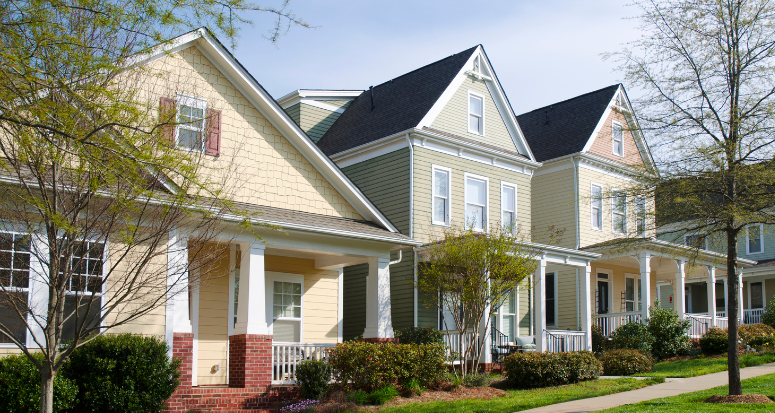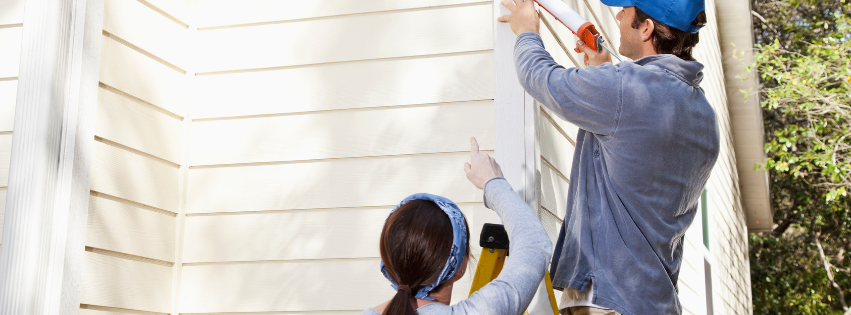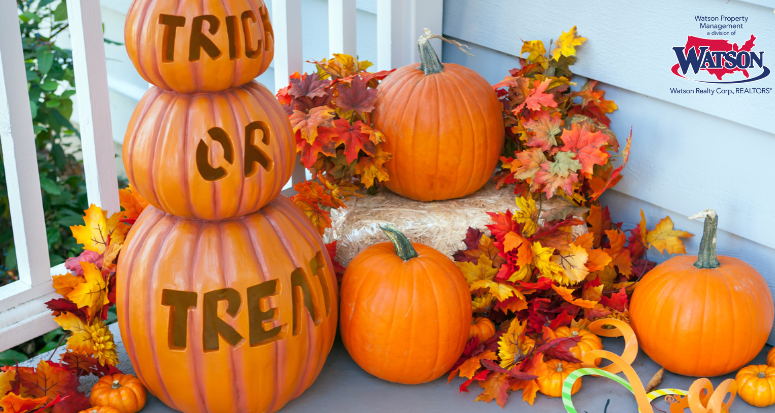Handling Seasonal Challenges: Property Management Tips for January
Handling Seasonal Challenges
Handling Seasonal Challenges: Property Management Tips for January
While Florida's winter temperatures are relatively mild compared to the rest of the country, property managers still face unique seasonal challenges in January. From occasional cold fronts to humidity and maintenance issues, it's important to stay proactive. Whether you're managing single-family homes, multi-family units, or vacation rentals, here’s how to handle some of the common issues Florida property managers might face at the start of the year.
1. Managing Heating and Energy Efficiency
Challenge:
Though Florida winters are mild, temperatures can occasionally dip into the 40s and 50s, causing discomfort for tenants if heating systems are not properly maintained. Additionally, energy costs can rise if HVAC systems are inefficient or used incorrectly.
Solution:
- Preseason HVAC Inspections: Schedule a professional inspection of all heating systems to ensure they are functioning properly before any cold fronts hit. Clean or replace filters and check for any potential issues.
- Promote Energy-Saving Tips: Encourage tenants to use ceiling fans on low, adjust thermostats to a consistent but moderate temperature (68°F-72°F), and close curtains at night to retain warmth.
- Upgrade Insulation: Consider adding or improving insulation in key areas such as attics, doors, and windows to keep homes warmer without increasing energy usage.
2. Dealing with Humidity and Mold Prevention
Challenge:
Florida’s high humidity can lead to mold and mildew growth, even in winter. This is particularly problematic in areas with poor ventilation, such as bathrooms, kitchens, or basements.
Solution:
- Routine Inspections: Perform inspections in areas with high moisture, such as bathrooms and kitchens. Look for signs of mold or mildew and address any ventilation issues that may contribute to excess humidity.
- Ventilation Maintenance: Ensure that exhaust fans in bathrooms and kitchens are working properly. If they are outdated or ineffective, upgrading to newer, more powerful models may help.
- Educate Tenants: Provide tenants with tips to prevent mold, such as running fans when cooking or showering, opening windows when possible to improve air circulation, and using dehumidifiers in high-moisture areas.
3. Landscaping and Curb Appeal in Winter
Challenge:
While Florida doesn’t experience freezing temperatures, cooler and drier weather can affect the health of lawns and plants. Some plants may experience frost damage, and dry conditions can leave lawns looking dull.
Solution:
- Frost Protection for Plants: While frost is rare, certain areas of Florida can experience cold snaps. For sensitive plants, advise tenants to cover them during frost warnings or bring potted plants inside to protect them.
- Lawn Care: Continue to maintain lawns, especially in areas with seasonal dry spells. Adjust irrigation schedules to avoid overwatering and ensure that sprinkler systems are working efficiently.
- Curb Appeal Enhancements: Trim any dead or overgrown foliage, and take the opportunity to prune trees and shrubs. This not only enhances curb appeal but also reduces the risk of damage from high winds.
4. Handling Increased Maintenance Requests After the Holidays
Challenge:
After the busy holiday season, January often sees an increase in maintenance requests as tenants return from vacations and start to notice issues they overlooked during the holidays. Common requests can include issues with heating, plumbing, or minor repairs.
Solution:
- Prioritize Urgent Requests: Ensure that heating or plumbing issues are addressed immediately, especially if they affect tenants' comfort or safety. Minor issues can be handled during scheduled maintenance visits or off-peak hours.
- Routine Inspections: Conduct proactive property inspections at the start of the year to catch issues early. Check HVAC systems, plumbing, and appliances to identify potential problems before they become costly repairs.
- Clear Communication: Make it easy for tenants to report maintenance issues. Provide them with an online portal or clear contact details for submitting requests. Setting expectations for response times will help manage tenant concerns.
5. Preparing for Spring Leasing Season
Challenge:
January is the perfect time to start preparing for the busy spring rental season. While Florida's rental market stays active year-round, spring typically sees an influx of new renters, especially in tourist-heavy cities like Orlando, Miami, and Tampa.
Solution:
- Early Marketing: Begin updating rental listings with new photos, accurate descriptions, and any relevant seasonal highlights. Highlight any unique amenities or features that make your properties stand out.
- Review Lease Terms: Take this time to review lease agreements, making sure they reflect the latest market conditions and rental laws. You might also want to consider offering incentives for early renewals or referrals.
- Prepare for Showings: Start sprucing up vacant properties by giving them a fresh coat of paint, deep cleaning, or making minor repairs to improve their appeal. First impressions matter, especially in competitive rental markets.
6. Preventing Water Damage from Rain and Moisture
Challenge:
While Florida isn’t known for snow, it’s still susceptible to heavy rains, especially during the "wet season" in the spring and summer. However, even in winter, moisture from rain can lead to water damage, leaks, and flooding in vulnerable areas.
Solution:
- Roof and Gutter Inspections: Inspect roofs for any damaged or missing shingles, and clean out gutters to ensure water can flow freely. Clogged gutters can lead to water overflow and damage to the roof, siding, or foundation.
- Check for Leaks: Inspect plumbing fixtures, including pipes, faucets, and appliances, for any leaks. Address any issues before they become major water damage problems.
- Flood Prevention: For properties in areas prone to flooding, ensure proper drainage and encourage tenants to keep landscaping clear of debris that could block water flow. Consider investing in sump pumps for areas that might be susceptible to water buildup.
These Winter months may not bring snowstorms, but property managers still need to stay proactive to address the unique challenges of the season. From managing heating and humidity to preparing for the busy rental market ahead, taking the time to address maintenance issues early, educate tenants, and ensure your properties are in top condition will lead to a smoother, more successful year.
By staying prepared for the seasonal shifts in Florida’s weather and property needs, you can protect your investment, keep tenants happy, and ensure that your properties are always in demand—no matter the time of year.














